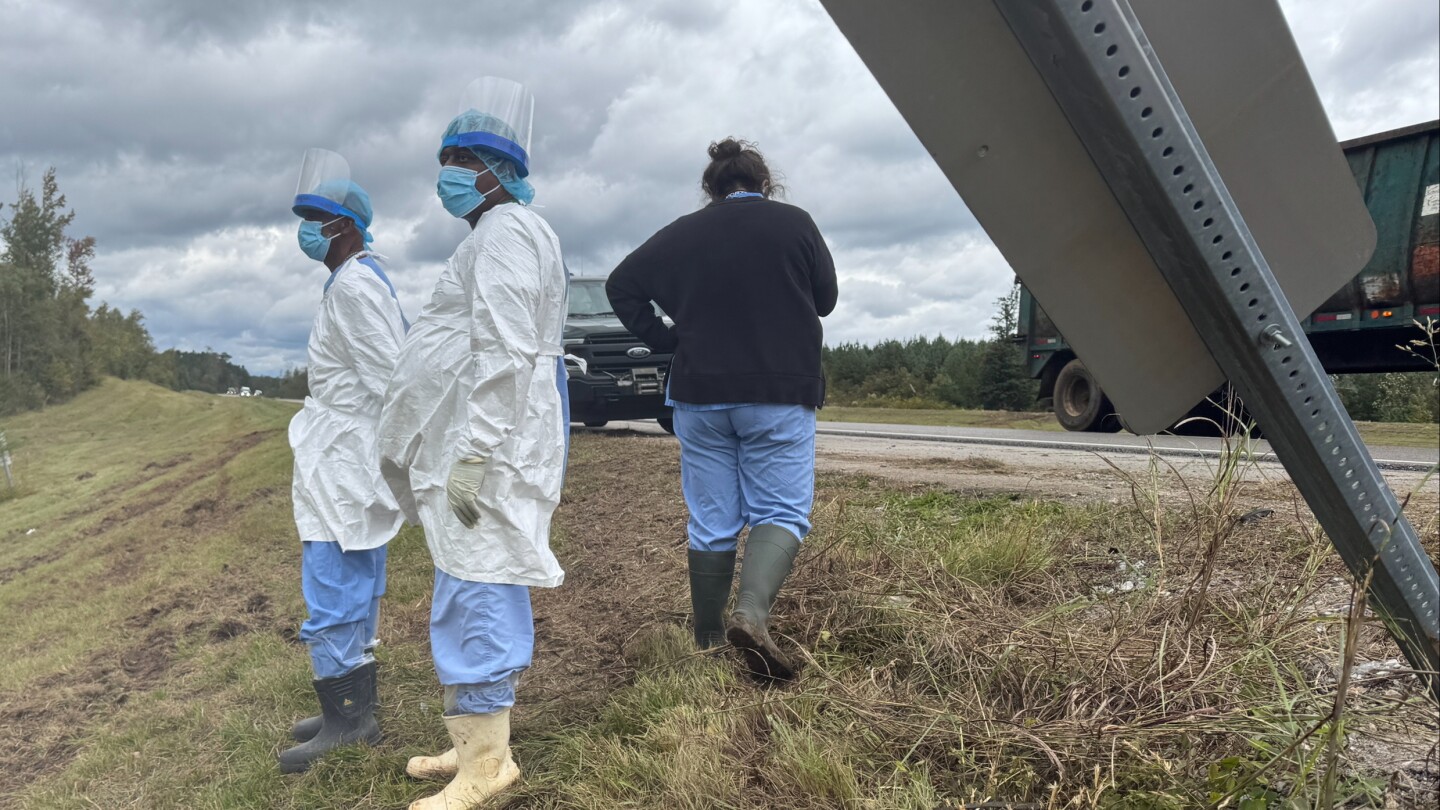Home / Science / Primate Pandemonium: Crash Exposes Secretive Animal Research Industry
Primate Pandemonium: Crash Exposes Secretive Animal Research Industry
31 Oct, 2025
Summary
- 3 monkeys remain loose after truck crash in Mississippi
- Tulane University denies owning the escaped primates
- Crash sparks debate over animal research transparency

On October 25th, 2025, a truck transporting 21 research monkeys overturned on a rural stretch of Interstate 59 in Mississippi. The incident has sparked a manhunt for the 3 Rhesus macaques that remain unaccounted for, while 5 others were killed during the search.
The crash has shed light on the secretive nature of the animal research industry. Authorities have not disclosed the driver's name, the company involved in the transport, or the final destination of the monkeys. While Tulane University in New Orleans has acknowledged that the primates were housed at its National Biomedical Research Center, the university claims it does not own the animals and refuses to identify the owner.
This lack of transparency has drawn criticism from animal advocates, who argue that the public has a right to know the details surrounding the incident. "When a truck carrying 21 monkeys crashes on a public highway, the community has a right to know who owned those animals, where they were being sent, and what diseases they may have been exposed to," said Lisa Jones-Engel of People for the Ethical Treatment of Animals.
The Tulane research center, which receives $35 million in annual funding from the National Institutes of Health, has been the subject of scrutiny over its primate experimentation practices. The facility's name was recently changed to the Tulane National Biomedical Research Center, reflecting its broader mission beyond just primates.
The Mississippi crash is the latest in a series of high-profile monkey escapes in the United States, highlighting the risks and controversies surrounding the animal research industry.




